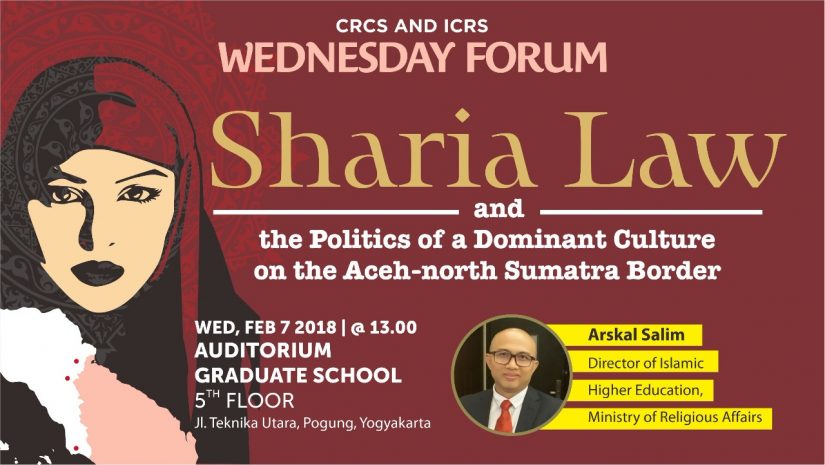
ABSTRACT
The implementation of sharia in Aceh needs to be understood in a broadly historical perspectives which considers how the politics of culture and identity since the 1940s and their social implications at the provincial borders since the 1970s have played a strong role in the production of a hegemonic Acehnese identity. This presentation compares how the strategies of the provincial government in three cities along the Aceh-North Sumatra border since Indonesia’s independence have led to either social concord or discord. Unlike Kuala Simpang and Kutacane, Singkil, a region with a long history of social and religious conflicts, has no dominant culture. This has been a crucial factor that explains why people who live in Singkil are uncertain about how to present their social identity. The question of whether Singkil is within the Acehnese ethnic group’s zone of influence, or how much it has been Acehnized, remains unresolved.
SPEAKER
Arskal Salim is a professor of Islamic law at State Islamic University (UIN) Syarif Hidayatullah, Jakarta. After finishing his PhD in Law at the University of Melbourne in 2006, he became a researcher in academic institutions in Germany (2006-2009), the United Kingdom (2009-2012), and Australia (2012-2015). His books include Challenging the Secular State (2008) and Contemporary Islamic Law in Indonesia (2015). He currently serves as the head of the General Directorate of Islamic Higher Education, at the Ministry of Religious Affairs, Indonesia.
Look at the full poster of this event here.
